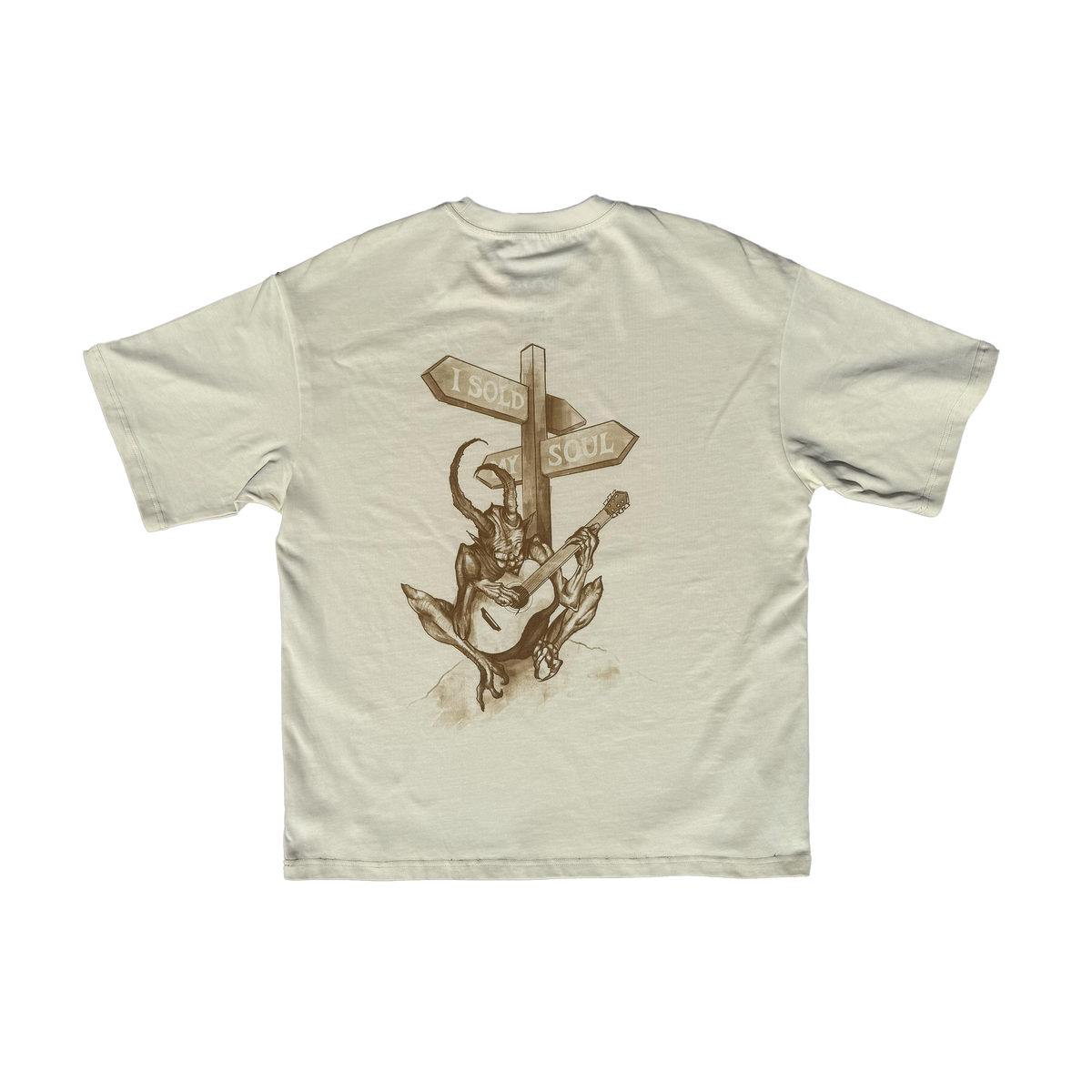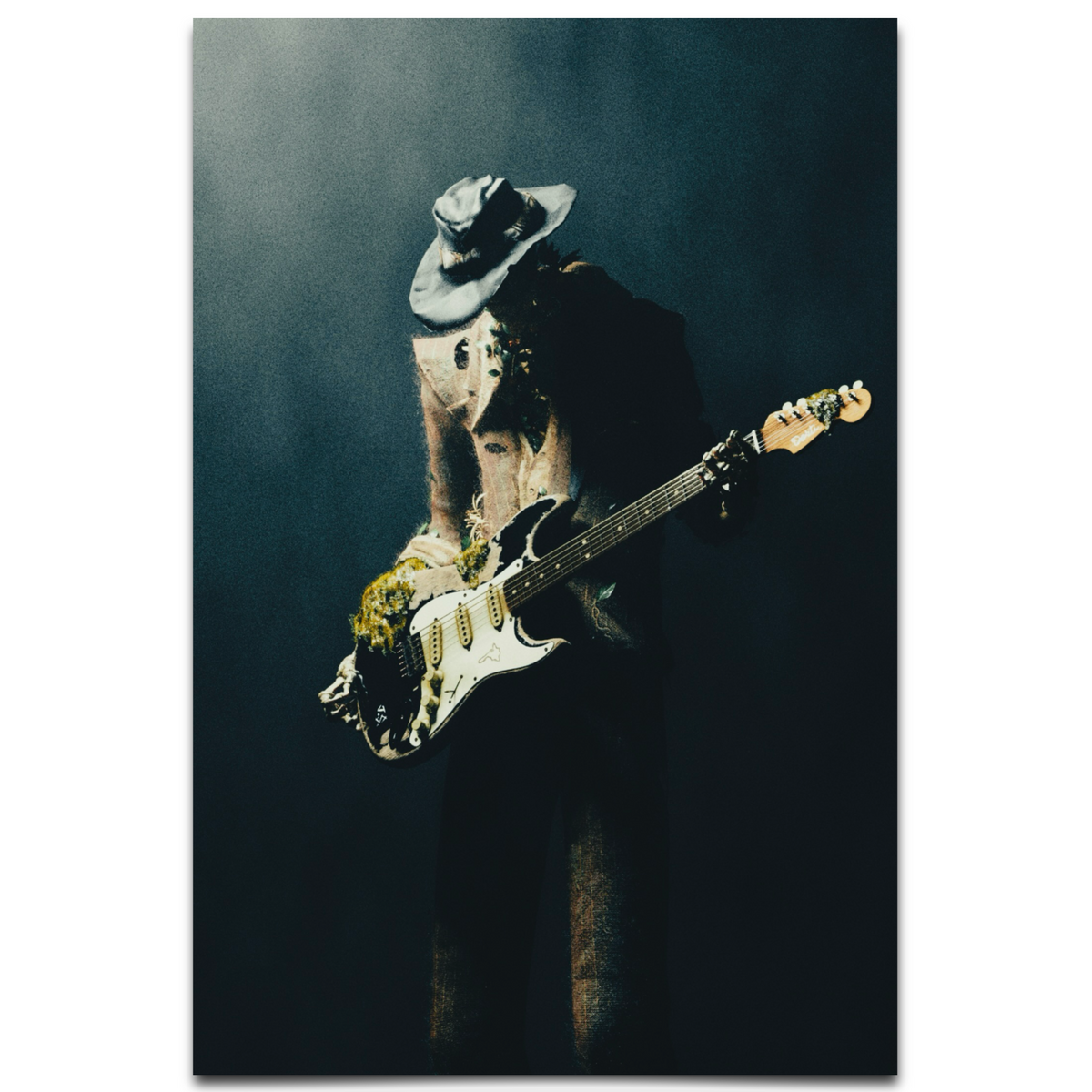A Sonic Revolution from Seattle
In the late 1980s, as the sheen of glam metal dominated the airwaves, a raw, visceral sound began to emerge from the damp, overcast streets of Seattle, Washington. Soundgarden, a band formed by a group of fiercely creative individuals, became one of the architects of grunge, a genre that would redefine rock music and capture the disillusionment of a generation. Founded in 1984 by singer Chris Cornell, guitarist Kim Thayil, and bassist Hiro Yamamoto, the band drew its name from a local sculpture, "A Sound Garden," a wind-activated installation that mirrored the haunting, organic quality of their music. Their early performances in Seattle’s underground clubs were marked by a heavy, sludgy sound that fused punk’s raw energy with the brooding weight of metal, setting them apart from the polished mainstream. This was a time when the Pacific Northwest was becoming a crucible for alternative culture, and Soundgarden stood at the forefront, channeling the region’s gritty, introspective spirit into something entirely new. Their story is one of innovation, struggle, and profound influence—how did a band so rooted in the underground reshape the global music landscape?
Soundgarden’s rise was not just a musical phenomenon but a cultural awakening, reflecting the angst and authenticity of a youth disenchanted with the excesses of the 1980s. Their music, characterized by Cornell’s soaring, anguished vocals and Thayil’s intricate, detuned riffs, became a soundtrack for those seeking depth amid a world of superficiality. As they evolved, they carried with them a dark, poetic intensity that spoke to personal and societal fractures. They were not merely a band but a voice for the unspoken, a mirror to a generation grappling with identity and uncertainty. Their journey from Seattle’s dive bars to international acclaim reveals not only their artistic tenacity but also the power of music to transcend its era. What can we uncover about the forces that shaped Soundgarden, and how did their sound become a lasting emblem of rebellion?
"Soundgarden is the sound of a generation that didn’t want to be defined by anyone else’s rules."
Roots in the Underground
Soundgarden’s origins lie in the gritty, DIY ethos of Seattle’s punk and metal scenes, where they honed their craft amid a community of like-minded misfits. Formed in 1984, the band initially featured Chris Cornell on vocals and drums, Kim Thayil on guitar, and Hiro Yamamoto on bass, with Matt Cameron joining later as their permanent drummer. Their early EPs, Screaming Life (1987) and Fopp (1988), released through Sub Pop, showcased a sound that was heavier and more experimental than their peers, blending Black Sabbath’s doom-laden riffs with the ferocity of hardcore punk. These releases caught the attention of underground fans and critics, establishing Soundgarden as a force before grunge had a name. Their signing to A&M Records in 1989 marked a turning point, leading to their major-label debut, Louder Than Love, which, while not a commercial juggernaut, hinted at the raw power they would soon unleash. A lesser-known detail is that Cornell, during the band’s early days, worked as a dishwasher at a Seattle restaurant called Ray’s Boathouse, often scribbling lyrics on scraps of paper between shifts—a humble beginning for a voice that would soon echo worldwide.
The Peak of Grunge and Personal Depths
The early 1990s saw Soundgarden reach their creative and commercial zenith with the release of Badmotorfinger (1991) and Superunknown (1994), albums that crystallized their place in rock history. Badmotorfinger, with tracks like “Rusty Cage” and “Outshined,” introduced a wider audience to their complex, heavy sound, earning them a Grammy nomination and a spot on the Lollapalooza tour. It was Superunknown, however, that elevated them to global stardom, debuting at number one on the Billboard 200 and spawning timeless singles like “Black Hole Sun” and “Spoonman.” Cornell’s lyrics on this album delved into existential dread and personal turmoil, paired with the band’s innovative use of odd time signatures and Eastern-inspired tunings, creating a sound both cerebral and visceral. Behind the success, though, were struggles—Cornell battled addiction and depression, themes that permeated their music with a haunting authenticity. Their willingness to confront darkness, both musically and personally, set them apart as artists unafraid to explore the human condition in its rawest form.
A Lasting Echo in Modern Music
Soundgarden’s influence extends far beyond the grunge explosion of the 1990s, resonating in the DNA of modern rock, metal, and alternative music. Their fusion of heavy, sludgy tones with introspective lyricism paved the way for bands like Tool, Deftones, and Alice in Chains, who cite Soundgarden as a touchstone for balancing aggression with emotional depth. Their music also reflected the cultural zeitgeist of their era, capturing the disillusionment of Generation X while offering a cathartic outlet for those grappling with societal and personal alienation. Today, their songs remain staples on rock radio, and “Black Hole Sun” is often invoked as an anthem of melancholic beauty, its surreal imagery still striking a chord with new listeners. The tragic loss of Chris Cornell in 2017, following the band’s reunion efforts with King Animal (2012), underscored the fragility of their legacy, yet it also cemented their status as icons whose honesty continues to inspire. Soundgarden’s story reminds us that true artistry often emerges from struggle, leaving an indelible mark on those who dare to listen deeply.
- Debut: Ultramega OK (1988)
- Genre: Grunge, Alternative Metal, Hard Rock
- Known For: “Black Hole Sun,” Chris Cornell’s vocal range, innovative guitar tunings
- Influences: Black Sabbath, Led Zeppelin, Punk Rock
- Influenced: Tool, Deftones, Alice in Chains
- Notable Achievement: Superunknown reached number one on Billboard 200 in 1994
A Legacy of Raw Truth
Soundgarden’s journey through the turbulent waters of rock history stands as a testament to the power of authenticity in art. From their raw beginnings in Seattle’s underground to the towering success of Superunknown, they crafted a sound that was both a rebellion against the polished excesses of their time and a deeply personal exploration of human fragility. Their music, steeped in dark beauty and unrelenting honesty, offered solace to a generation seeking meaning amid chaos, and it continues to resonate with listeners who value depth over fleeting trends. Chris Cornell’s voice, a piercing cry that could shift from tender to tormented, remains one of the most distinctive in rock, while the band’s fearless experimentation reminds us of music’s potential to challenge and heal. Reflecting on their legacy, we see not just a band but a cultural force that reshaped rock’s landscape, proving that true innovation often comes from the shadows. Soundgarden’s story is a poignant reminder of the cost of artistry, the weight of genius, and the enduring power of a sound born from the heart of struggle.
























